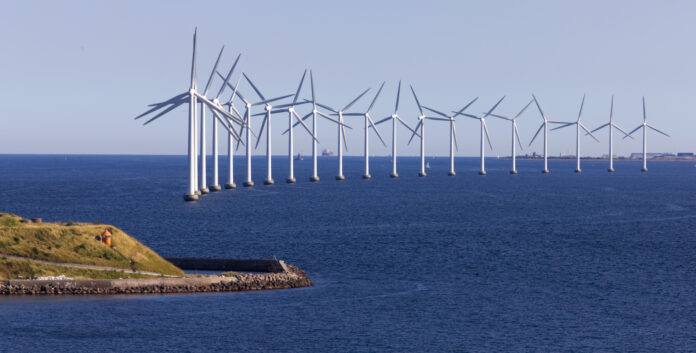The European Union (EU) is at a crucial point in terms of raw material sourcing in a period of rising geopolitical tensions and uncertainties. The EU must reconsider its dependence on specific regions for vital resources as the balance of power in the world changes and conventional supply chains encounter difficulties.
As a story by Euronews notes, “the European Commission has been quietly signing memoranda of understanding with potential suppliers,” including Canada.
Another potential supplier that appears to have a whole basket of rare earth metals necessary for world technology supply is Ukraine. The Russia-Ukraine war complicates dealmaking; nonetheless, businesses are eyeing potential opportunities.
The EU is being forced to reevaluate where it sources raw materials due, in large part, to the growing geopolitical rivalry between the world’s superpowers. Increased competition for vital resources, trade routes, and power has resulted in geopolitical flashpoints that endanger resource access and supply chains.
The EU is vulnerable to supply disruptions, price fluctuations, and geopolitical coercion because it relies on a small number of suppliers, especially in politically unstable areas. The EU’s current dependence on particular sources of raw materials is vulnerable, as demonstrated by recent events like trade disputes, sanctions, and geopolitical conflicts.
Additionally, the Washington Post wrote that “indigenous representatives from 35 countries issued a declaration Thursday criticizing the fact that they are too rarely consulted about mining that takes place on or near their lands.”
In a growing geopolitical uncertainty that necessitates a proactive and comprehensive approach by the EU to diversify its sources of raw materials, analysts and experts urge the EU to embrace strategic partnerships, promote resource efficiency and recycling, and invest in domestic resource development.



